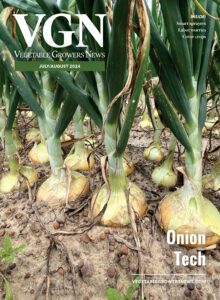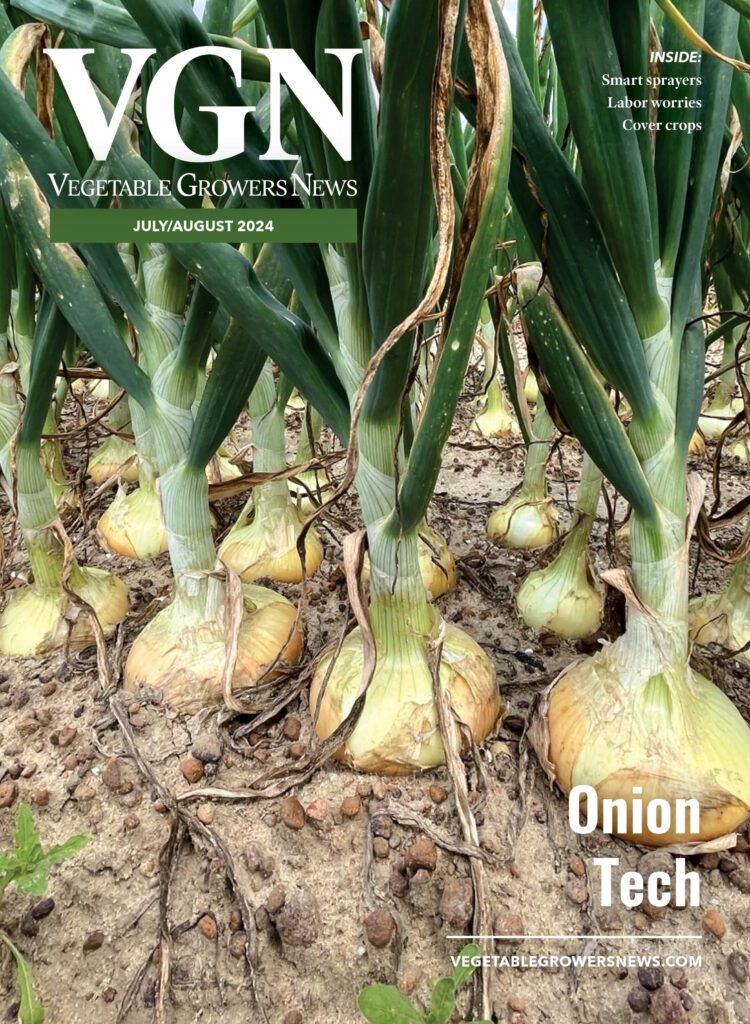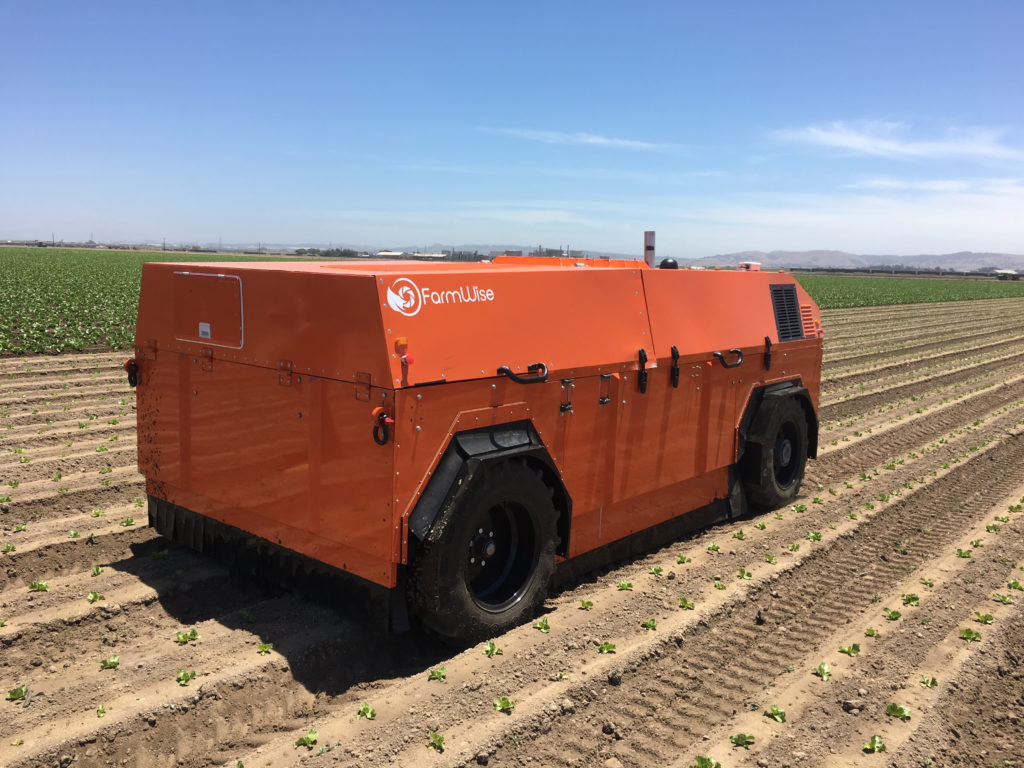

Dec 19, 2018FarmWise unveils autonomous vegetable weeder
Agriculture technology startup FarmWise has unveiled an autonomous vegetable weeder it says can help growers reduce their herbicide use as well as reliance on labor.
The FarmWise machine drives over rows, detects weeds in the soil, cuts their roots and tosses them out of the row with an action mimicking that of a person using a hoe, said Sebastien Boyer, co-founder and CEO of FarmWise. Currently, one of the machines is operated in part by an on-field operator and a “teleoperation service” from a central center. But the company hopes its machines will reach a higher level of autonomy by early 2019 so that one on-field operator could supervise more than one of the machines.
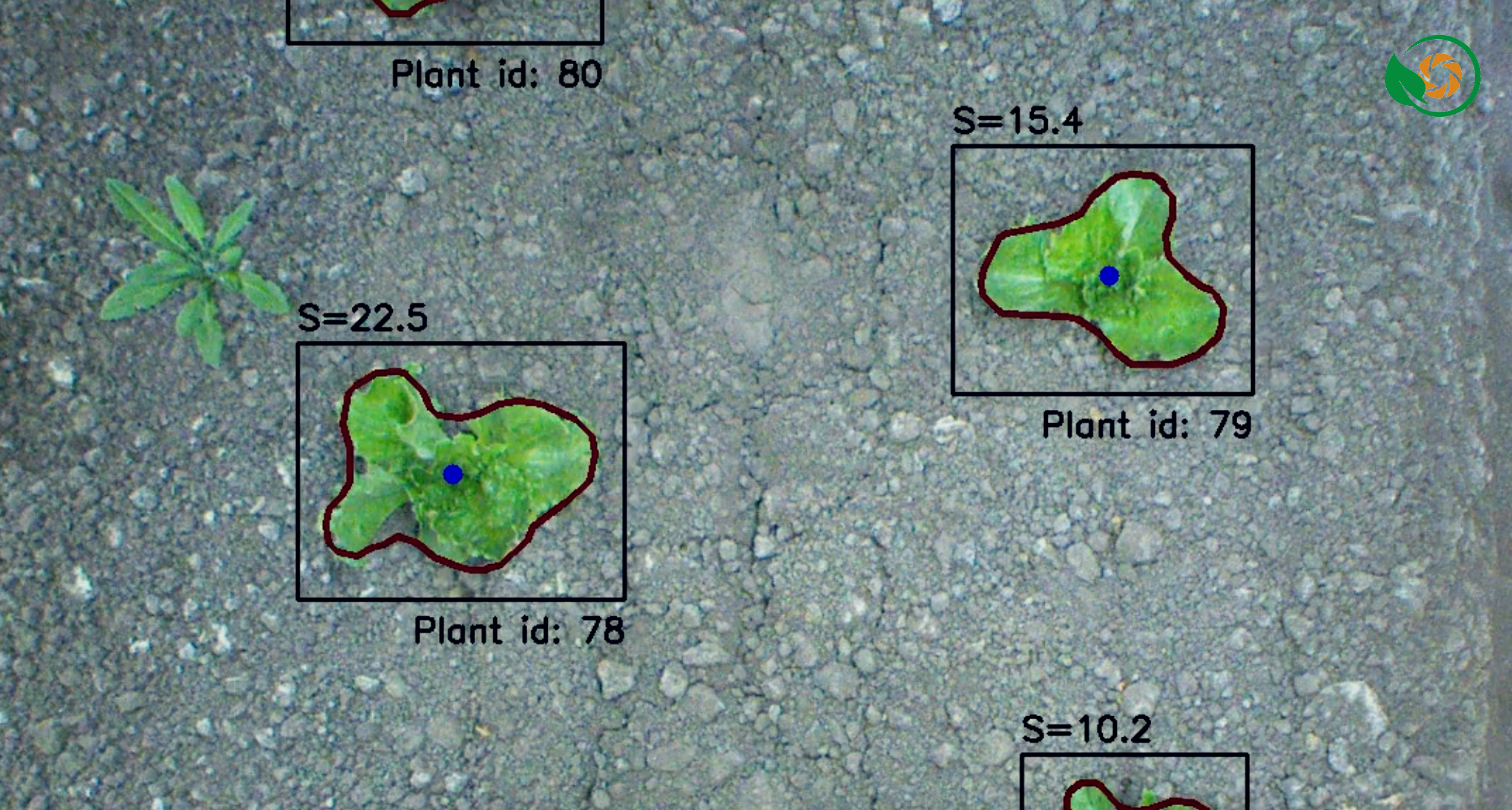

FarmWise’s machine – in an interview, Boyer said they’re not yet calling it a robot – was successfully trialed in 2018 in the Salinas Valley and Santa Maria region through the company’s relationship with the Western Growers Association. Two of the machines are now being deployed on lettuce and cauliflower fields on a weekly basis, and the company website is taking pre-orders from vegetable growers who want to get in line.
Of concern to many vegetable growers are weeds that over time may develop resistance to herbicides, steeply growing labor costs and availability of weeding crews. A survey by the California Farm Bureau in 2017 found seven out of 10 farmers hiring seasonal workers in California reported a labor shortage.
Boyer said at this time they’re planning to sell the machine’s weeding services rather than the device itself. He declined to give a price for the weeding services, which he said could vary based on a number of variables.
“I can’t give you any exact number,” he said. “Our goal is to be competitive with current processes. So really what we are trying to do here is save growers money on their very first acres they are using the machines on, which means that our price per acre is competitive, and most of the time cheaper than what they’re currently experiencing.”
A Detroit automotive manufacturer will build “the next generation” of FarmWise’s Machines during 2019, although Boyer didn’t say exactly how many would be built.
“We’ll start a process of manufacturing machines on a fairly regular basis,” he said. “We’ll build them and deploy them starting late spring 2019.”
At first, the machines will be mostly available to large vegetable growers from California.
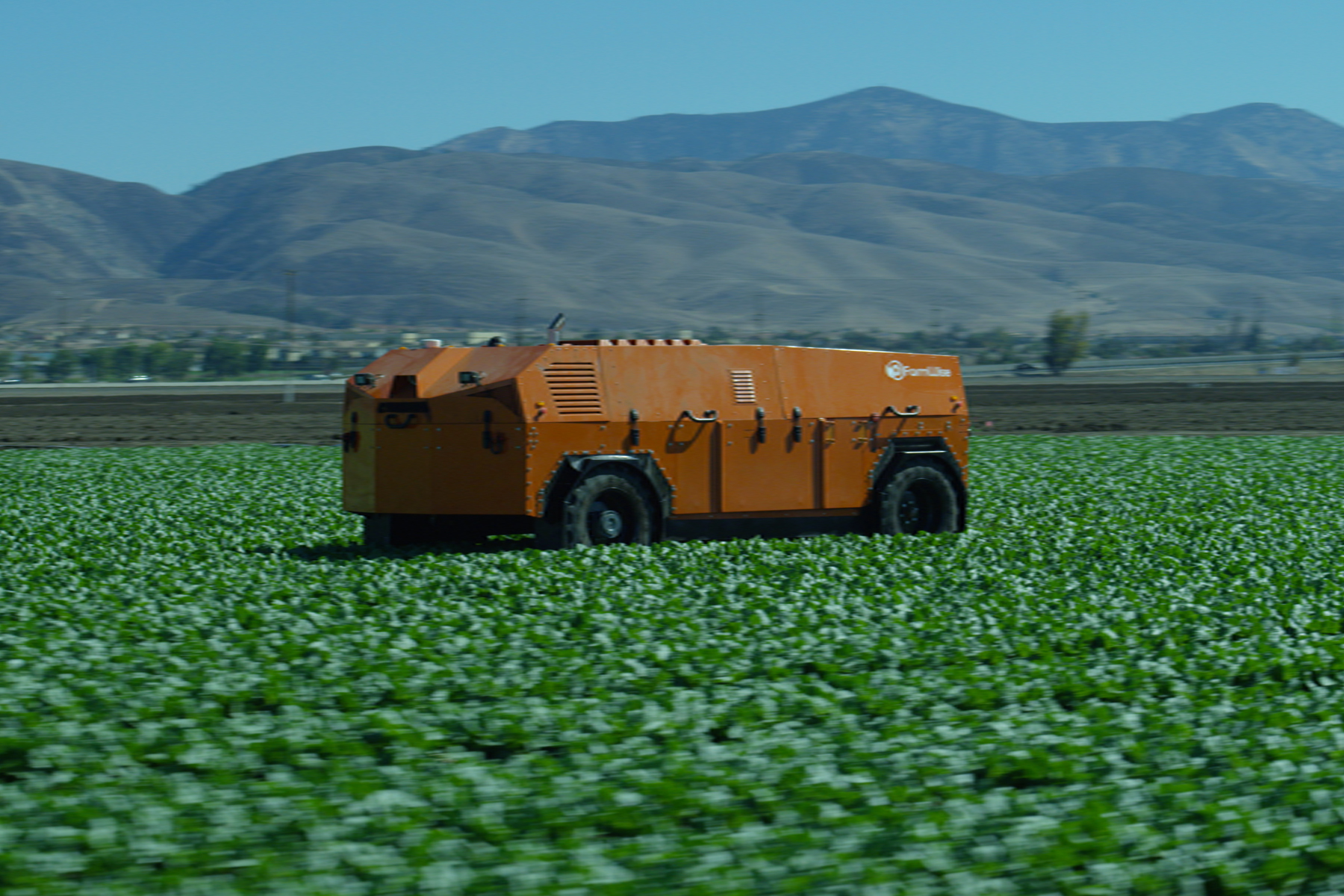

“We are encouraging and prioritizing growers who are able to integrate it into their workflow and help us improve that machine greatly,” he said. “We’re focusing on vegetable growers, people growing brassicas, green leaves, lettuce, cauliflower, cabbage, broccoli, celery – those types of growers, which is our primary target for now. In the long run, we expect a similar use, to be able to work on even more crops, whether strawberries, those types of crops, but also broader acreage type of crops.”
As a startup, FarmWise has enjoyed support and recognition from the agriculture and tech communities for some time. The Western Growers’ Center for Innovation and Technology has financially supported FarmWise and housed it as a startup-in-residence in 2017. The company was part of Lemnos and THRIVE accelerator programs. In December 2017, it secured $5.7 million of seed money from a group of investors led by the venture capital firm Playground.
Former Salinas mayor Dennis Donohue, who is director of Western Growers Center for Innovation and Technology, was quoted in a release praising FarmWise’s use of artificial intelligence.
“FarmWise’s choice to leverage Al algorithms and adapt them to the farming industry is making it possible for one machine to work on most of the growers’ fields from lettuce to carrots, broccoli and so on a possibility never seen before since the invention of the tractor in the first half of the 20th century,” he said.
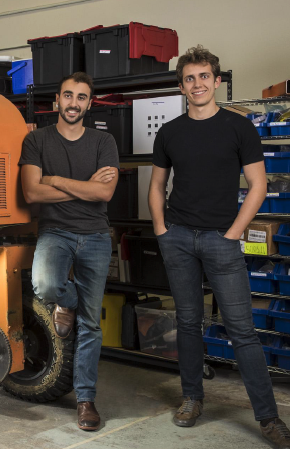

Boyer said he and co-founder Thomas Palomares started the company with the vision of developing autonomous machines to farm every single plant for greater yield better farmer’s profits and a healthier environment.
“We believe in robotics and AI being able to assist growers,” he said.
– Stephen Kloosterman, VGN Associate Editor








